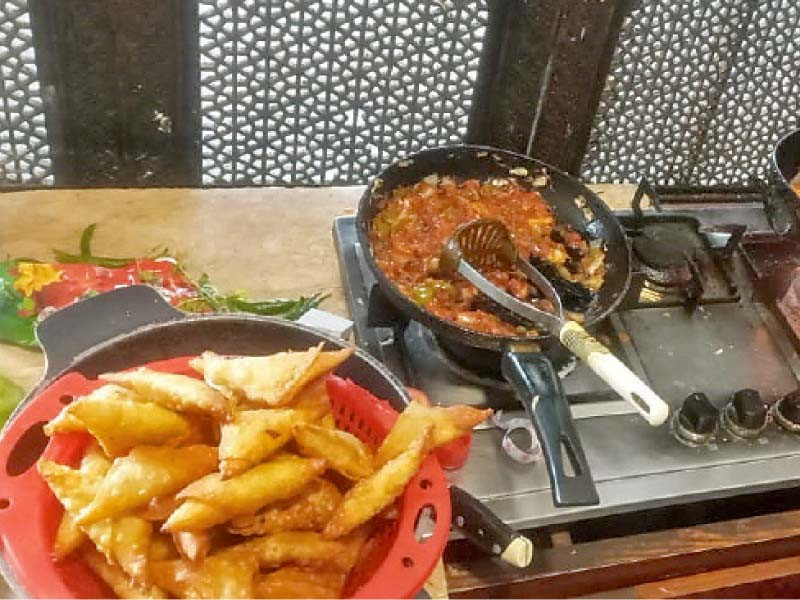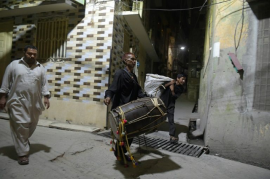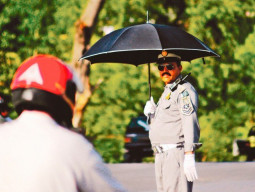
While the Muslim holy month of Ramazan is considered to be a time when endurance itself is a rewarding act of virtue, it can be particularly strenuous for many a fasting women.
Although men, in most South-Asian family systems have their own roles to perform, house-chores, are generally seen as the women’s department. “This also includes catering to the individual needs of every [extended] family member that lives under the roof,” says Sultana Zafar, who is a housewife from the city’s middle-income Nazimambad area. Per Zafar, performing all of these duties, while fasting is often a race against time during the holy month, when she often finds herself wishing for an extra pair of hands to get everything done in time. “We cannot afford to hire house-help, so we do most of the chores on our own, but waking up at the crack of dawn to prepare sehri for the joint-family household and then toiling in the kitchen all day to prepare iftar meals can be exhausting sometimes,” expressed the housewife, adding that despite the extra effort that she has to put in, she does everything out of love for her family.
Anusha Aamir, another local housewife debates that although men are generally involved in bread-winning tasks, they are usually allowed some kind of laxation from their workplaces during the holy month, in the form of shorter working hours or work-from-home days. “However, for us women, there is never any break from the chores and our responsibilities only increase during Ramazan. Sometimes we are doing multiple things at once and performing on minimal sleep just so that we can make enough time to fulfill our religious duties, like praying and reading from the Quran,” she told.
Read More: Ramazan drummers lose purpose in megacity
However, for the thousands of working women in the port city, it can get particularly difficult to mange work and home chores while fasting.
“It is certainly a race against time,” reiterated Sana Khan, who works at a local advertising agency. “Me and many of my female colleagues have to commute between 20-30 kilometres from our homes to work and back. Since Karachi does not have a great transport infrastructure like other cities, we can get stuck on the road for hours during peak Ramazan traffic. Which means that we have very a small window to get home in time and prepare for iftar. While working men, even if they get late, just have to come sit at the table and have the meal served to them,” she said lamentingly.
Speaking in the same vein, a retired working woman, Parveen Kausar, opined that despite all the work they do, women with jobs are seldom appreciated for the extra effort they put in to cater to their families during Ramazan. “Regrettably, their trials and tribulations often go unseen. If they make any mistake, some men just use it as an excuse to vent out their own anger and frustration that they’ve accumulated throughout the day, failing to realise that they are working harder than them,” she told The Express Tribune.
Published in The Express Tribune, April 19th, 2022.




















COMMENTS
Comments are moderated and generally will be posted if they are on-topic and not abusive.
For more information, please see our Comments FAQ